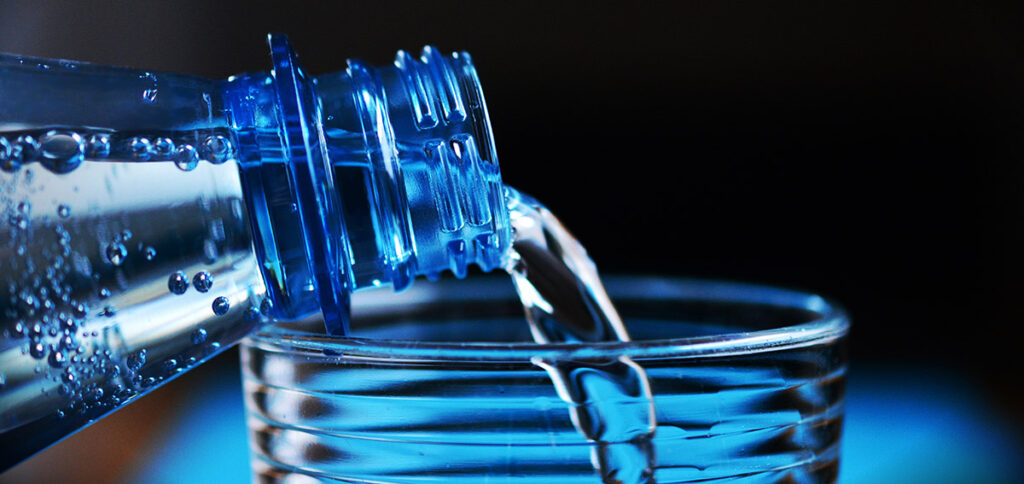Water management: recycling and treatment

Water is in short supply around the world: Supplies are sinking as demand is rising. For this reason, state-of-the-art treatment systems and sustainable water management are becoming increasingly important. They are also prompting the beverage industry to come up with new solutions. Membrane processes and intelligent recycling strategies are particularly important here.

Global water consumption is massively rising – and it has been doing so for years. The United Nations reports that today’s water consumption has grown six times over the past 100 years ago. At the same time, many countries in the world suffer from acute water shortages. This problem is also impacting the beverage industry. By using cutting-edge water treatment systems and intelligent water management, manufacturers are developing new methods that include the treatment of groundwater.
Growing demands for residual-free water: intelligent water management required
A working group on water technology in the Department of Food Chemistry and Molecular Sensory Science at the Technical University of Munich has come up with a completely new way to treat wastewater: fuel cells. The “brew cell” enables wastewater to be treated and electricity to be generated at the same time. The first pilot unit went into operation at a major German brewer in the fall of 2019.
But new methods also create many new challenges: Demands for residual-free bottled water, brewing water, mixing water and dilution water are growing. No undesired substances may be found by state-of-the-art analytical systems, regardless of the source of the water. It is a tremendous challenge in times when even the groundwater can contain residual amounts of medications, herbicides like atrazine and the ever-present nitrates. New or stricter thresholds like those that cover uranium, bromate and perfluorinated compounds are being introduced as well.
The demand for “residual free” is increasingly being met with such technologies as membrane-separation processes based on ultra- or nano-filtration and reverse osmosis. In these processes, all substances are almost quantitatively separated and then brought to the desired quality level with high purity salts or blending water in accordance with technological or internal company guidelines.
Water recycling as a key element of water management

Modern water management is more than just ensuring the availability of sufficient amounts of fresh water. It also involves separating resources from wastewater streams and reintroducing them to the cycle. Intelligent recycling strategies are thus becoming increasingly important. In principle, there are two ways to recycle water: First, water is collected in a pH- or impurity-based manner and reused in comparable areas. The second approach is the end-of-pipe solution. All wastewater is centrally collected and is anaerobically cleansed. The biogas created in the process can be used to meet 20 to 30 percent of a brewery’s energy needs. Another possibility would be a downstream zero liquid discharge step in which about 95 percent of wastewater can be returned to an operation.
Theoretically, the final volume produced by the zero liquid discharge step could be treated until it reached process water quality. As purified process water, it could replace some of the drinking water used in widely established brewing processes. Like the use of rainwater in households, brewers would need a separate process water network for this step. A new facility would certainly have more space for such a system than an existing building would. This option also leaves one general problem unsolved: If the frequency of water use rises, the electricity consumed as part of processing and transport will increase, too.
The world’s leading trade fair drinktec will make water one of its focal themes, highlighting the issues of water shortages, water consumption and sustainable water management. At drinktec 2021, find out about the latest research results and experience water-management solutions at work. Other relevant aspects of water as a resource will be presented first hand to the international brewing, beverage and liquid food industries at the world’s leading trade fair from September 12 to 16, 2022. Would you like to showcase your own innovations, too? Then you should be a part of the next drinktec as well.
